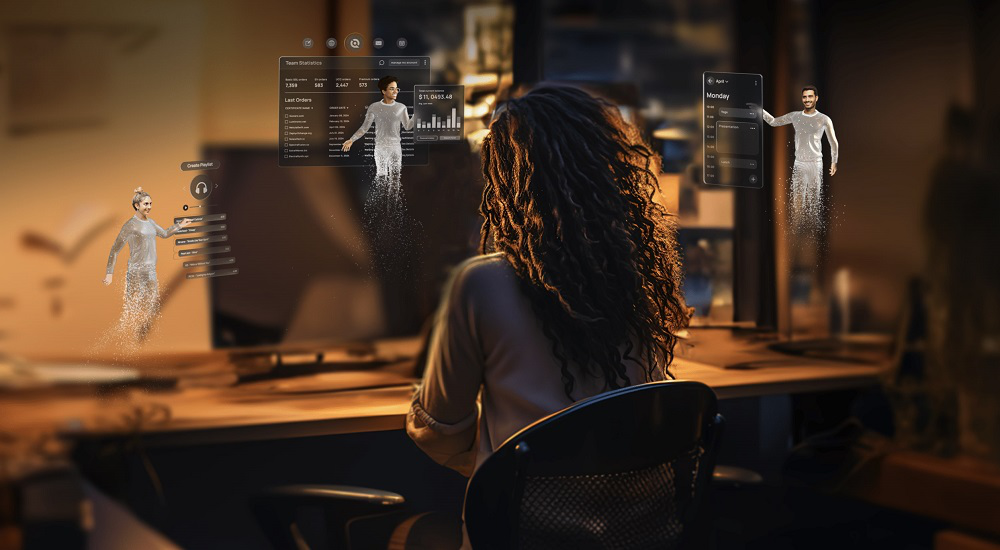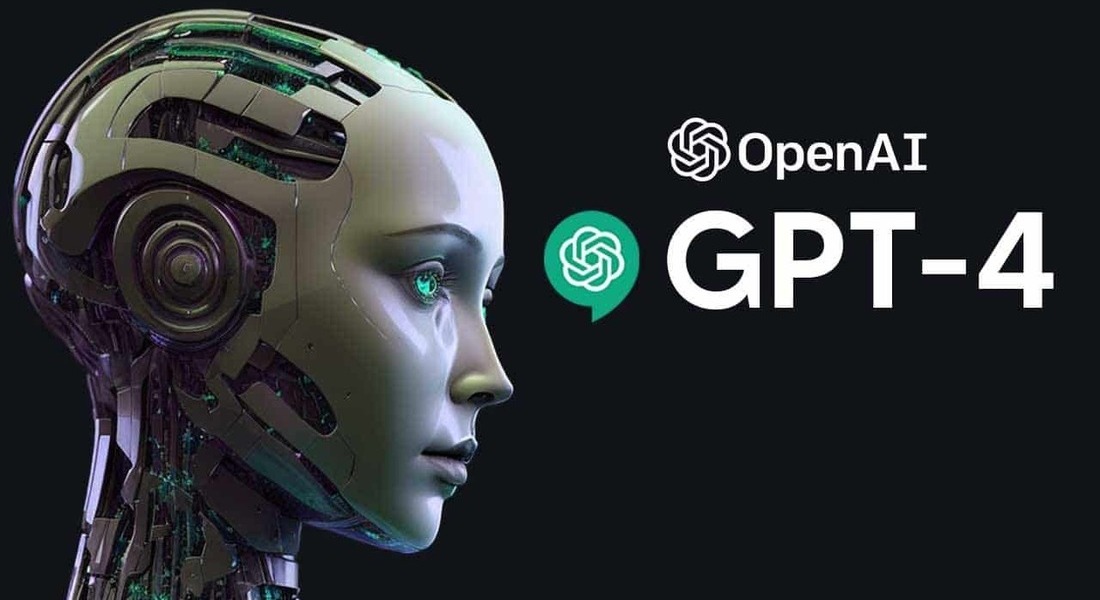
What is NUI?
NUI (Natural User Interface) is a type of interface that allows the user to interact with digital systems and devices in natural ways, such as gestures, voice, facial expressions, touch and even body movements. Unlike traditional graphical user interfaces (GUI), where interaction is carried out through physical devices such as a keyboard and mouse, NUI offers a more intuitive and organic approach.
The key idea of NUI is to make interaction with technology so natural that the user does not have to think about the control method. This allows for a significant improvement in user experience, making it more intuitive and accessible to people of different ages and with different levels of technical training.
Development Prospects
NUI opens up a wide range of applications for a variety of fields. Some of the key benefits and areas of use include:
- Interactive Spaces: NUI can be used to create interactive spaces where users can control digital elements using gestures and movements. This is especially promising for the development of smart homes, smart offices, and public spaces.
- Augmented and Virtual Reality (AR/VR): NUI technologies are actively integrated into AR and VR systems, allowing users to interact with virtual objects as if they were in the real world. This improves immersion and expands the possibilities of using VR in education, medicine, and the entertainment industry. Casino Speedy has recently been actively implementing AR and VR technologies in its gambling games.
- Voice Assistants and Control: The development of voice interfaces such as Google Assistant, Alexa, and Siri has been made possible by NUI concepts. They allow users to control devices using voice commands, making interaction with technology more convenient and efficient.
- Healthcare: In the medical field, NUI can be used to control medical equipment without physical contact, which is especially important in sterile environments such as operating rooms and laboratories.
In the future, as AI and machine learning technologies advance, we can expect even more intelligent and adaptive NUIs that can understand and respond to more complex commands and signals from users.

How might gaming change?
The video game industry has already begun to make heavy use of NUI elements. Examples include consoles with motion sensors, such as Microsoft Kinect and PlayStation Move, which allow players to control game characters and objects using body movements.
In the future, NUI could change gaming beyond recognition. Imagine games where players can immerse themselves in virtual worlds without using controllers, where their actions and decisions depend solely on natural gestures, movements, and even emotions. This will create a completely new level of interaction and immersion that is difficult to achieve with traditional interfaces.
In addition, the implementation of NUI in games will significantly expand the audience, attracting users who were previously not interested in games due to the complexity of controls or the inconvenience of traditional interfaces.
Casino Games
With the mass adoption of NUI technology, casino games can also undergo significant changes. Imagine virtual casinos where players can interact with gaming tables and machines just like in real life, using gestures and voice commands. This will create a more realistic and exciting experience, closer to traditional casinos, but with the added benefits of the digital space.
Casino games https://casino-speedy.com/ using NUI can become more accessible to a wider audience, as they will be intuitive and easy to operate. This will open up new opportunities for casino developers and operators, who will be able to offer innovative products and attract new customers.
NUI represents the next stage of the evolution of user interfaces, opening new horizons in various fields, from healthcare and education to entertainment and gaming. NUI technologies are already beginning to change the way we interact with devices today, and in the future they may completely revolutionize how we interact with digital worlds.





